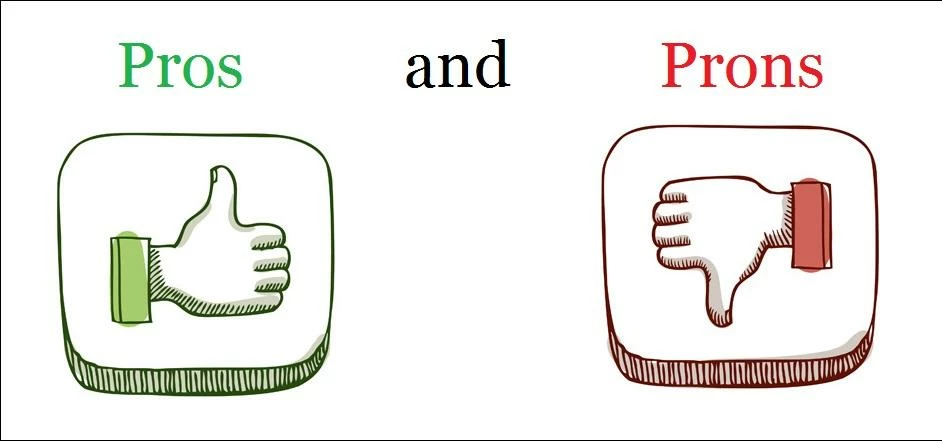
Partner Article
Pros of Cons of Various Debt Consolidation Options
For those who are caught up with troublesome debts need to think of various options to get rid of it at the earliest and live a relaxed life. Debt consolidation is an ideal way of debt refinancing, which allows you to pay off your debts in a much simpler and straightforward manner.
Basically, debt consolidation is a concept, which combines various unsecured debts like credit cards payments, vehicle loans, personal loans, or medical care bills into a single loan to be paid off. There are various options to do this including transferring the existing debts into a low-interest credit card or taking a specialized consolidation loan.
Do the needed groundwork
If you are looking for a debt consolidation option, you may come across many providers including some government organizations such as Consumer Financial Protection Bureau etc. The ultimate goal of adopting a debt consolidation method is to keep the overall cost as low as possible. Further we will discuss a few options along with the pros and cons of each.
A good option for homeowners
If you have equity and if the interest rates are also favorable, you can think of refinancing your home and make use of the surplus cash to pay off your highest debts. There is also an option to get an HELOC (home equity line of credit) or to think of a fixed-rate equity loan.
Pros:
You can ideally switch debts from double-digit rates of the credit card bills to a much affordable interest rates of home equity loans. On choosing it carefully, you can get many better deals on the closing costs to save more money.
Cons:
On thinking of debt consolidation options with home equity loans, you do put your home at risk unless you have a set plan to stop overspending and pay it off effectively.
Cardholder’s options
You can check it out with your current card issuer to give a better deal. They may offer special plans which may sometimes help you to enhance your bad debt conditions.
Pros:
Sometimes it may be as easy as to avail over just a phone call or two. You may get a waiver for the balance transfer fee etc.
Cons:
This may not work if your payment record is spotty.
Considering investments as stocks or bonds to avail margin loans
You have options to get loans from your retirement funds. The interest rates on such loans are comparatively lower. There are also options to use these funds free of interest over a short term like the IRA loan is interest-free over 60 days.
Pros:
With a poor credit history, this may be the most ideal option as it demands no credit check. Very low interest rates or none at all.
Cons:
In case if you lose your job or so, you may have to pay back the loans out of your retirement fund immediately or may have to pay penalties on early withdrawal. There is also a risk of a margin call in case of market cash, which may incur a higher financial burden on you overtime.
Whichever option you choose, always remember that any of these should not let yourself get caught deeper into another debt. Have a strict financial plan to pay all your bills on time and repay the debt consolidation loan faithfully.
This was posted in Bdaily's Members' News section by David Wicks .
Enjoy the read? Get Bdaily delivered.
Sign up to receive our popular morning National email for free.








 £100,000 milestone drives forward STEM work
£100,000 milestone drives forward STEM work
 Restoring confidence for the economic road ahead
Restoring confidence for the economic road ahead
 Ready to scale? Buy-and-build offers opportunity
Ready to scale? Buy-and-build offers opportunity
 When will our regional economy grow?
When will our regional economy grow?
 Creating a thriving North East construction sector
Creating a thriving North East construction sector
 Why investors are still backing the North East
Why investors are still backing the North East
 Time to stop risking Britain’s family businesses
Time to stop risking Britain’s family businesses
 A year of growth, collaboration and impact
A year of growth, collaboration and impact
 2000 reasons for North East business positivity
2000 reasons for North East business positivity
 How to make your growth strategy deliver in 2026
How to make your growth strategy deliver in 2026
 Powering a new wave of regional screen indies
Powering a new wave of regional screen indies
 A new year and a new outlook for property scene
A new year and a new outlook for property scene